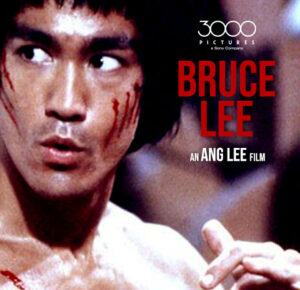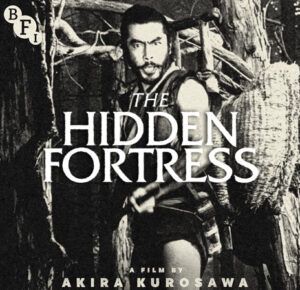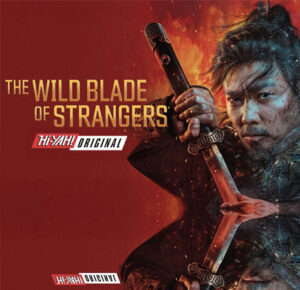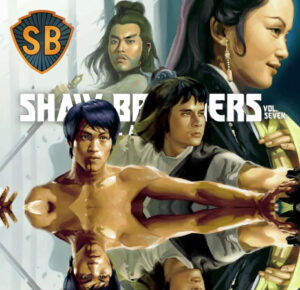
Confucius Blu-ray & DVD (Funimation)
It’s a bit of a light week but there are plenty of highlights, whether it’s Van Damme on Blu-ray, Chow Yun Fat stepping into the shoes of Confucius, or a slick action flick all the way from France. Here are your Blu-ray and DVD releases for the week of 3/27/12:
ASIAN CINEMA
Confucius (Blu-ray/DVD) – Chow Yun Fat stars as the famous philosopher in a more action-packed kind of biopic, on home formats from Funimation
Crows Zero (Blu-ray) – Takashi Miike’s kick-ass 2007 film about Japanese high school delinquents and their fighting ways comes to Blu-ray
Dragon Dynasty Collection – Volume 2 (DVD) – in this set, you get the classic Shaw Brothers titles: “The Avenging Eagle,” “Blood Brothers,” “Golden Swallow,” and “Killer Clans”
FOREIGN CINEMA
The Heir Apparent: Largo Winch (DVD) – a 2008 Bond-ian action blockbuster…from France, of all places!
Delta (DVD) – a Hungarian thriller described as that country’s answer to “Deliverance”
MAINSTREAM
The Quest (Blu-ray) – this 1996 film represents Jean Claude Van Damme’s directorial debut and it arguably remains one of his finer efforts, even if it’s basically a glorified remake of “Bloodsport”
A Dangerous Method (Blu-ray/DVD) – the latest film from David Cronenberg takes a look back at the early days of psychoanalysis. Starring master actors Viggo Mortensen and Michael Fassbender
Dragonheart (Blu-ray) – anyone else remember when this 1996 film starring Dennis Quad and the voice of Sean Connery was considered the pinnacle of cutting edge special effects? Well, now it’s on blu-ray
Corman’s World (Blu-ray/DVD) – a 2011 documentary that takes an inside look at the long and influential career of producer/director Roger Corman
CLASSICS
Casablanca (70th Anniversary Limited Collector’s Edition Blu-ray/DVD Combo) (Blu-ray + DVD combo) – wow, I don’t think there’s anything I could say about this edition of the 1942 film that isn’t already explained in the title
A Night to Remember (Blu-ray/DVD) – the Criterion Collection releases this 1958 British film about the tragic disaster of the Titanic
Assault on a Queen (Blu-ray) – this 1966 film co-written by “Twilight Zone” creator Rod Serling is billed as ‘Ocean’s 11 at sea’
Something to Live For (DVD) – Joan Fontaine and Ray Milland star in this 1952 bittersweet romance from director George Stevens (“Giant”)
Who’s Got the Action (Blu-ray) – Dean Martin and Lana Turner star in this 1962 comedy, now in hi-def
HORROR
The Girl in Room 2A (DVD) – Mondo Macabro presents this 1971 Italian giallo/horror flick. Dubbed in English and labeled PG-13. A PG-13 giallo?!
Magdalena: The Devil Inside the Female (DVD) – a 1974 exorcism-exploitaiton flick. So grimy, you might need a shower afterwards
Interested in any of these movies? If so, we hope that you’ll consider ordering from our affiliate to help support this site. Thank you!






















Be the 1st to Comment